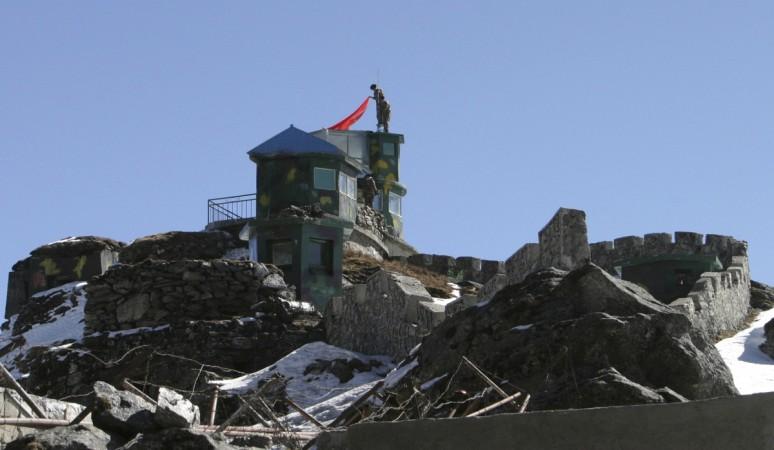The Indian troops at the Indo-China border in Sikkim are unlikely to withdraw despite facing pressure from China, which has time and again said that the issues can be resolved through talks only if the troops back off. With India, as well as China, staying adamant on their demands, it doesn't look like the dispute is going to end anytime soon.
While China has slammed India's policy quite a number of times and said that its neighbour has no business interfering in the activities carried out in their territory, the Indian troops continue to hold their ground. The dispute began when China accused India of halting road construction in the Sikkim-Bhutan-Tibet trijunction, which is 30 km from a hydel project and overlooks the Bengal-Assam road link.
Bhutan too has protested China's intrusion in the Doklam plateau, but the Chinese media have been taking an aggressive stand against its neighbour and has said multiple times that it is, in fact, India that is provoking China and that India is "bullying" Bhutan into submission.
Numerous editorials in the Global Times have accused India of provoking China when China is more powerful than India in terms of both the economy and military facilities. Adding that "India is humiliating the civilization of the 21st Century," an editorial says that the Indian troops can choose to withdraw from the region or the Chinese People's Liberation Army will "kick" them out.
It added that China wants to sort the issue in a peaceful manner, which "must lead to legitimate and justified outcomes. We hope India can face up to the hazards of its unruly actions to the country's fundamental interests."

Another editorial in the paper also raised the Sikkim independence spectre and said that Beijing may decide to support "pro-independence appeals in Sikkim" if Indian troops are not withdrawn from the region. "New Delhi's regional hegemony is swelling to a tipping point. The country has to pay for its provocations," it added.
Considering the situation right now, India is unlikely to withdraw troops from the region unless a few terms and condition are clearly agreed upon.
Meanwhile, a former government official who has served in China earlier has said that Bhutan is not the only country that is being bullied by China. The country, for a long time, is also said to be flexing its muscles before smaller neighbouring countries such as Tajikistan, Kyrgyzstan, Vietnam, Laos and Taiwan to name a few.
"China's penchant to compare its modern borders with those that existed prior to the perceived 'historical losses' of territories is significant to understanding of China's current boundary issues," DS Rajan told the Economic Times.

















